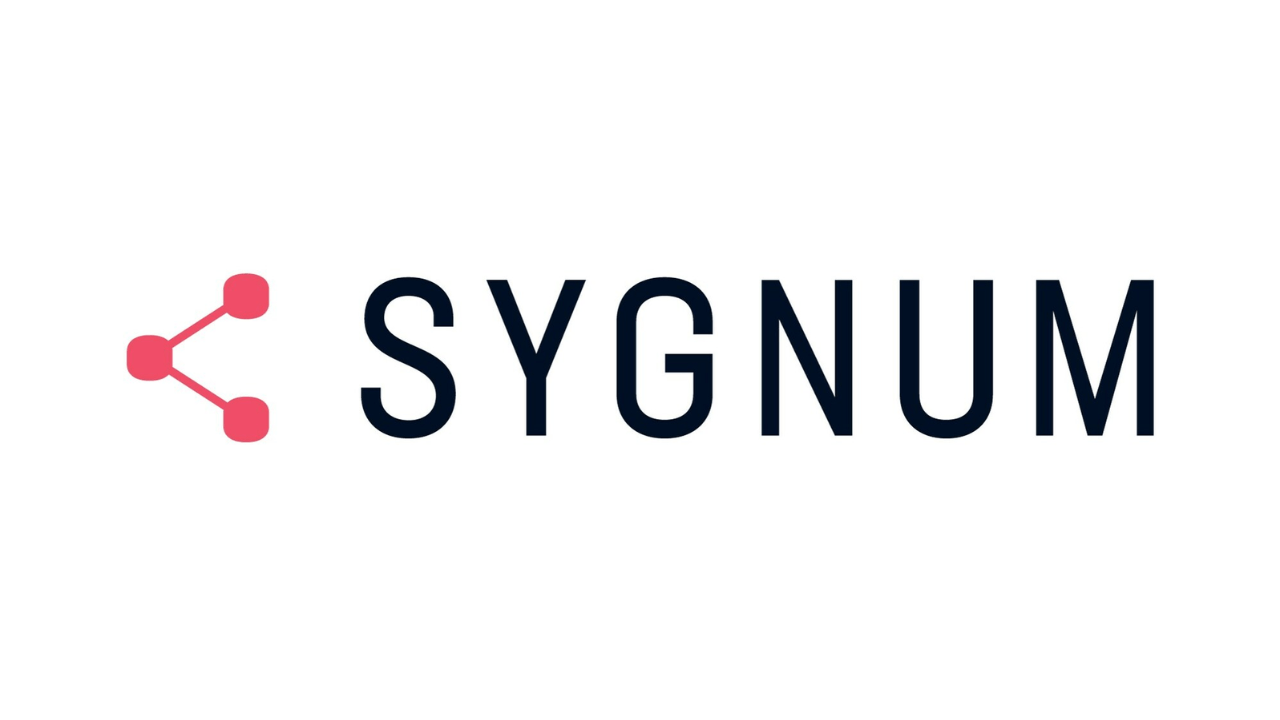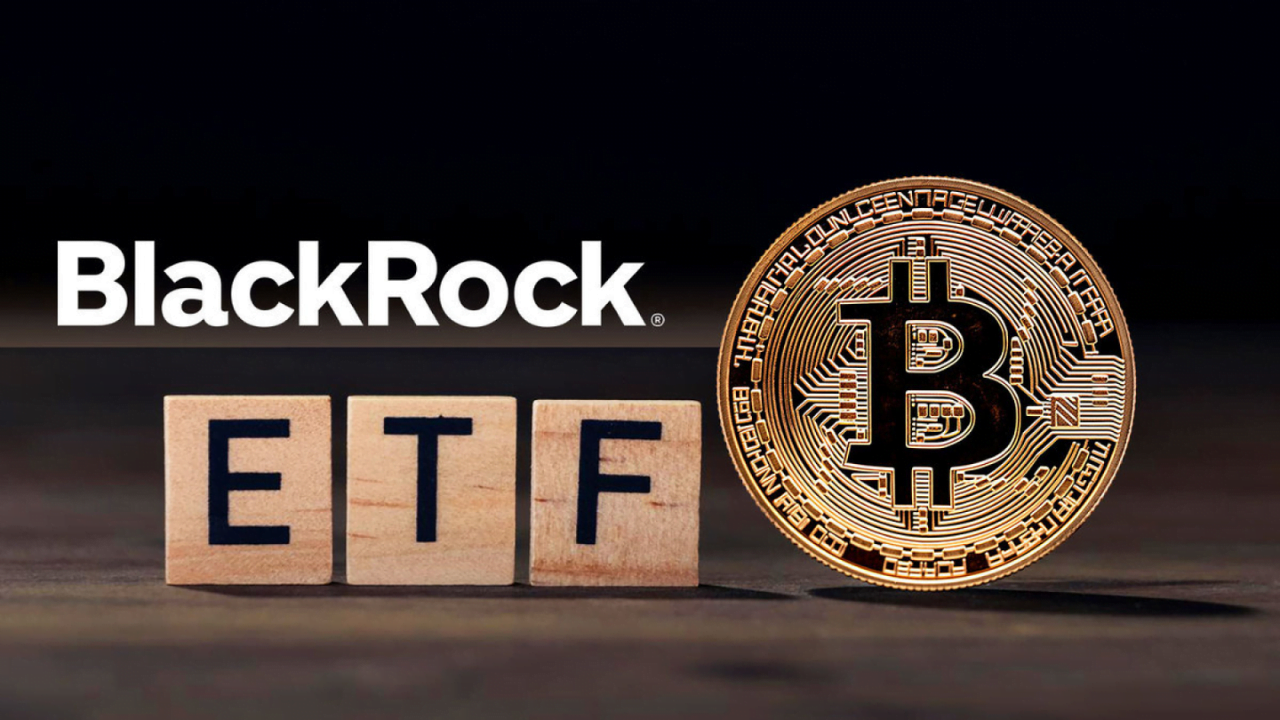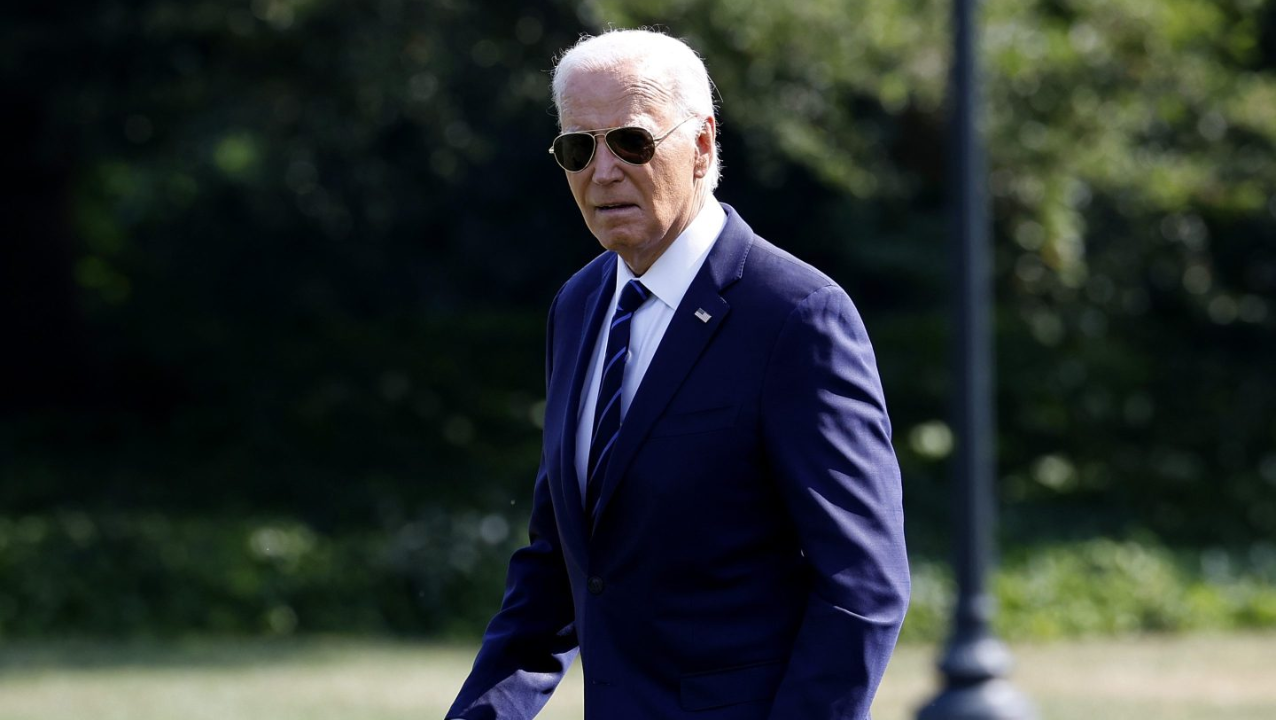Amid surging coal prices, the European Union’s looming ban on Russian coal will add supply pressure to coal, with experts predicting the move could push coal prices higher.
Global supply constraints and increasing demand have pushed Asia’s benchmark Newcastle thermal coal to record a high of $377 per ton in the last three months. Experts believe coal prices will push higher as demand continues to gain momentum. As a result, during next month’s financial year reports, experts predict Whitehaven Coal Ltd.’s earnings to jump to A$3 billion ($2 billion), a significant change from A$204.5 million.
The European Union ban, slated to kick off next month, will further tighten the supply of high-quality thermal coal. According to Sydney-based Whitehaven, a leader in the coal industry, the company will continue to view thermal prices for 2022 and 2023 and explore ways of increasing supply.
In a Twitter post, Elina Morhunova, a geopolitics and energy policy expert, spoke about the EU’s sanctions on Russian coal. According to her, the EU is cutting down Russian coal imports ahead of the bloc-wide ban. Just 1.7mn tonnes of Russian coal shipped to the EU in June, a decline of 48 % compared with May.
Meanwhile, the war in Ukraine has resulted in an energy crisis in Europe that has further affected the economy. Last week, the Euro, the official currency of the eurozone, hit parity with the dollar, its worst performance in over 40 years, increasing recession fears among investors. Moreover, the move could impact the eurozone further with Europe set to ban Russian coal.
Besides the European ban on Russian coal, other countries, including Japan and other Group Seven nations, have also committed to stopping purchases of Russian coal as the war in Ukraine rages on.
Response of countries to Russian coal ban
With Europe ready to pull the plug on Russian Coal, Russian coal miners are exploring new markets, particularly India, as they look for ways to manage the current challenges.
In the meantime, coal consumers in northeast Asia are increasing supply before summer kicks in. Similarly, non-traditional buyers of Australian cargoes, including Europe, are increasing their demand, especially with the ban on Russian coal kicking off next month.
Elsewhere, China is working on lifting its embargo on Australian Coal as it fears Europe’s sanction on Russian coal could impact supply.








